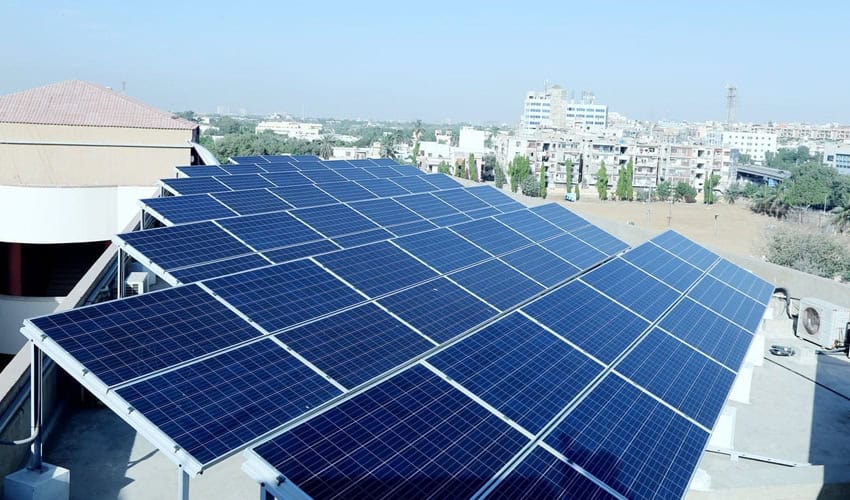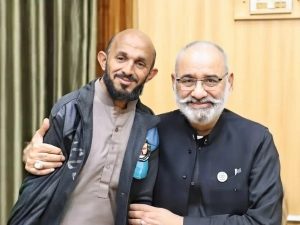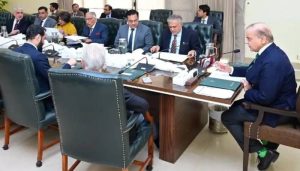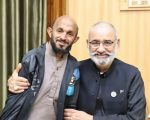In a significant move towards promoting renewable energy, the Sindh government has unveiled an ambitious plan to provide solar panels to 500,000 households across the province. This initiative is part of Pakistan’s broader strategy to enhance the adoption of solar power and reduce reliance on conventional energy sources.
Nasir Hussain Shah, Minister for Energy, announced the initiative during the inauguration of the 7th Solar Exhibition at the Expo Centre in Karachi. He revealed that the government has earmarked funds in the current budget for the procurement and distribution of these solar panels. The effort is aimed at advancing Sindh’s transition to sustainable energy solutions.
Shah emphasized the commitment of the Sindh government to support the nation’s solarization efforts. “The whole of Pakistan is moving towards solarization, and we are dedicated to making renewable energy accessible to our citizens,” he stated. To prioritize domestic needs, Shah confirmed that a ban on the export of solar panels would be imposed starting in 2027.
The Sindh energy sector is swiftly adopting renewable technologies, with a notable shift towards solar and wind power. Shah highlighted that while electricity from Thar coal is currently the least expensive, long-term sustainability hinges on expanding the use of renewable energy sources.
Additionally, Shah announced that the Sindh Power Regulatory Authority (SIPRA) will be activated to regulate and facilitate the use of renewable energy. “Electricity produced through solar and wind energy should be made usable,” he remarked.
In related developments, Shah praised the Thar coal project for providing the lowest electricity tariff to the national grid. The National Electric Power Regulatory Authority (NEPRA) will oversee the tariff setting for grid electricity, which is expected to support affordable energy supply.
Shah expressed optimism about gaining the prime minister’s support for these initiatives, noting that the proposed tariff would be Rs18 per unit after all taxes. He also mentioned that the government is contemplating re-contracting with independent power producers (IPPs) to ensure a steady supply of cost-effective electricity. The initial plan includes providing free electricity for up to 100 units to households, with a future goal of extending this benefit to 300 units if Bilawal Bhutto-Zardari becomes prime minister.
Concluding his remarks, Nasir Hussain Shah reaffirmed the Sindh government’s dedication to renewable energy and affordable electricity, stating, “We are taking concrete steps to ensure that our citizens have access to sustainable and affordable energy solutions.













